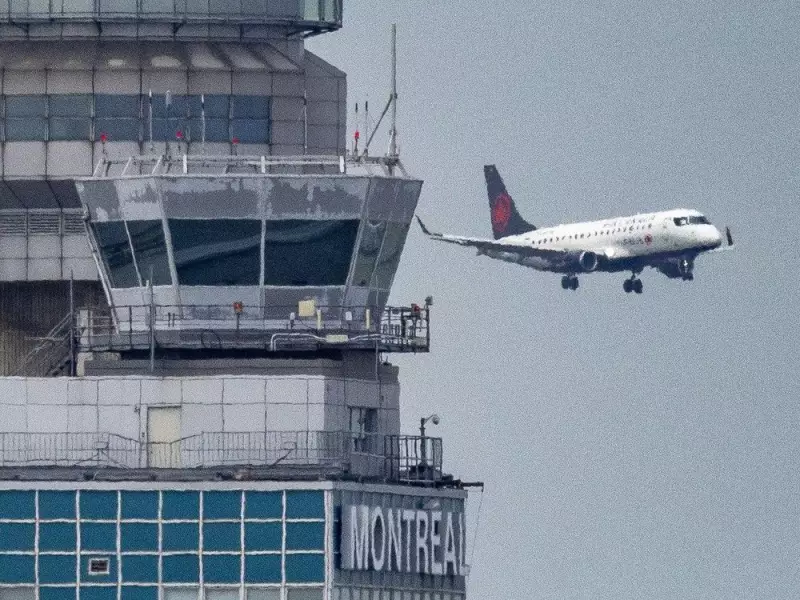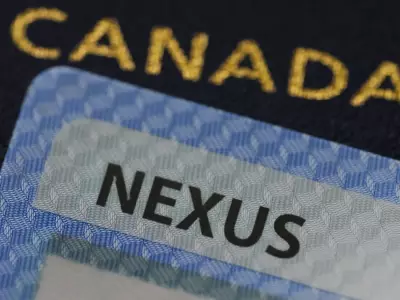
Montreal's aviation sector is facing turbulent skies as new statistics reveal a dramatic 12% decline in air traffic between the Quebec metropolis and the United States over the past year. This significant downturn raises concerns about the economic impact on the region's tourism and business sectors.
By the Numbers: A Steep Descent
The latest figures from the Montreal Airport Authority paint a sobering picture of cross-border connectivity. From July 2022 to June 2023, passenger traffic on U.S.-bound flights from Montreal-Trudeau International Airport saw a substantial decrease, marking one of the most notable declines in recent aviation history.
Economic Headwinds Ground Travelers
Several factors are contributing to this aviation slump. Soaring inflation and rising travel costs have made cross-border trips less affordable for many Quebec residents. Meanwhile, post-pandemic travel patterns continue to evolve, with many businesses maintaining virtual meeting practices that previously required air travel.
Montreal's Competitive Position
While Montreal struggles with declining U.S. traffic, other Canadian airports are showing more resilience. The data suggests that Montreal is underperforming compared to national averages, indicating potential competitive challenges in attracting and maintaining U.S. routes.
Industry Response and Future Outlook
Airport authorities and airline representatives are closely monitoring the situation. Potential strategies to reverse this trend include:
- Developing more competitive pricing structures
- Enhancing route connectivity to key U.S. hubs
- Strengthening marketing efforts targeting both leisure and business travelers
- Improving the overall passenger experience at Montreal-Trudeau
The coming months will be critical for Montreal's aviation industry as stakeholders work to address these challenges and restore the vital air links that connect Quebec to its southern neighbor.






